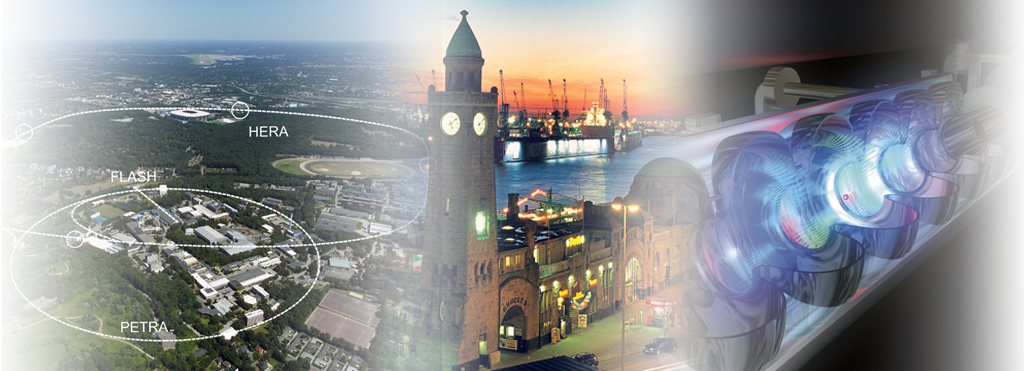Linear Collider Workshop 2007: LCWS2007 and ILC2007
The Linear Collider Workshop 2007 and the International Linear Collider meeting 2007 takes place on the DESY campus in Hamburg, Germany, between May 30, 2007, and June 3, 2007.
The workshop is open to anyone interested in Linear Colliders, bringing together the theory, experimental and machine community.
Online registration for the workshop has now been closed, during the days of the conference you may register in person at the conference secretariat in front of the DESY main auditorium.
In case of questions or comments, please contact the Local Organisation Committee.
The LCWS conference on ILC newsline:
Phase transition
They’re on a roll: Scientists working on all aspects of the International Linear Collider have gathered momentum like never before. The Reference Design Report is nearing completion, a recent international cost review was very successful and the physicists working on the detectors have defined clear goals for the future that will bundle all R&D efforts and ensure that they get the best possible – and most exciting – physics out of it.
The global International Linear Collider machine and detector community are currently gathering at DESY in Hamburg. A new management structure with three project managers marks the entrance of the project’s next phase, during which an Engineering Design Report will be produced. The project managers, one per region of the ILC, will be the interface between the organisation’s Executive Committee and the scientists and engineers working at the base, managing the projects R&D, monitoring cost and prepare for industrialisation. At the end of the three-year Engineering Design phase, the ILC scientists expect to start a site selection process, a construction proposal and first steps towards international governance and funding. A new roadmap defines the future of the detectors, and the community will appoint a new Research Director to coordinate efforts.
“The excitement and momentum within the community is almost palpable,” said Director Barry Barish. “The ILC is a great scientific project being developed by a unique global effort. This next phase will put us in the best possible position to successfully propose the project to our governments.”

Imprint |
Data Privacy Policy |
Contact |
Sitemap |
Print Page |
Recommend Page |
© 2012 Deutsches Elektronen-Synchrotron DESY


